Five Mistakes Creatives Make That Hold You Back (and Tips to Overcome Them)
Five mistakes creatives make are listed below. I’ve included tips for overcoming them as well. I am guilty of many, if not all, so I can speak from my own experience and hope you derive some benefit as well!

1. Focusing on the End Product, Not the Process
Enjoy the getting into a zone. Treasure the feel of the paint on the canvas or paper, your fingers on the instrument, the flow of pen across the paper. Let the freedom of creativity drive your movements.
Tips for Overcoming
Use your five senses to draw you into the zone: Sight: Take a deep look at the implements of your creativity. Appreciate the colors, the fine craftsmanship used to create simple objects like pens, pencils, and paintbrushes. Take a good look at how they are made. Touch: Really feel how your chosen medium feels in your hands – the weight of the pen, the feel of the keys, the sharpness of the strings. Sound: Put some music on and dance like a drunken monkey! Jump around foolishly with abandon! Taste: Take some time to drink your favorite beverage or eat our favorite food. Savor the feel in your mouth and try to describe the tastes. Smell: Breathe in the smell of the canvas, the paper, the instrument. Find an energizing scent. Rub essential oils on your temples. Light a scented candle.
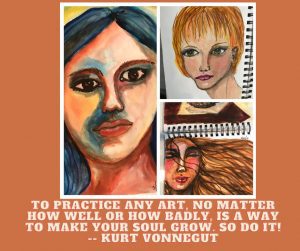
2. Perfectionism
This is related to the above. You will NOT be perfect! You will make mistakes, but you can learn and grow from them. I have a confession to make here. My husband played the piano for many years but stopped for probably the last 25-30 years. My brother gave him a keyboard to start playing again. He has sat at it maybe three times and gets so frustrated that he gives up, even though I try to coach him as to the overall benefits of just playing for the joy of playing. He’s not as good as he once was and has given up. Sad! I will continue to encourage him.
Tips for Overcoming:
Getting over perfectionism requires getting out of your head and into your body. Make mistakes on purpose! Get messy! Use your fingers, pound on the keys with no end in mind, write gibberish. Do whatever it takes to get out of your head. Choose a color and scribble your emotion. Listen to music or sounds that make you happy or provides focus. Try different materials. Draw, paint, or write with your non-dominant hand. Focus on your senses as recommended above.
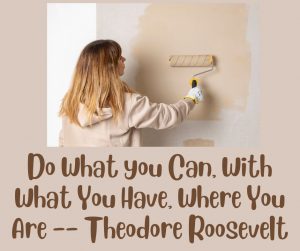
3. Thinking You Need the Exact Supplies, Materials, Equipment, etc.
I was SOOOO guilty of this early on and probably bought too many supplies that, sadly, hardened over years of non-use. Many artist/teachers are adamant about using their recommended items. Some are not. True, a lesser grade art supply, equipment, or material will not provide the same results, but I say: go with what you have. This also frees you from the “too precious” syndrome where you are afraid to use the expensive stuff! Once you progress and home in on what you like best, then invest in better quality.
Tips for Overcoming
Develop the practice of using what you have. Look for alternative materials. Upcycle items around the house – cardboard can be gessoed and used for painting. Coffee or tea can be used as a paint. Determine where you can afford to spend more.
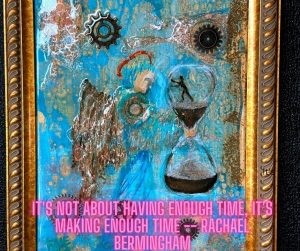
4. Thinking the Time Isn’t Right
Common complaints and excuses in this area are: “I don’t have enough time!” or “I’ll do it when (fill in the blank).” The when could be when I retire, when the children are gone, when I can carve out some alone time. The list goes on. The truth is we really don’t know just how much time we have. My excuse was I would make time when I retired. Five years into my retirement, I woke up one day and realized the time is now!
Tips for Overcoming
Set aside devoted time to your craft. If this requires getting up an hour earlier or going to bed an hour later, do it! Start slowly if needed. Ten minutes a day can begin the creative process. Bring your art, writing, instrument, etc. wherever you go. Plan vacations around your chosen creative practice.

5. Comparison
Someone is always going to be better. Use them for inspiration/aspiration know they make bad art, too. Someone is always going to be worse, too. Sometimes even famous artists produce “bad” art. Check out the link below if you want to see bad art created by famous artists, it’s worth the giggle:
Tips for Overcoming
Find a community of supportive creatives. Learn to celebrate other’s accomplishments and try to learn from them. Take a break from social media. Set your own creative goals and compare your success against them. Keep a gratitude journal. Focus on your strengths.
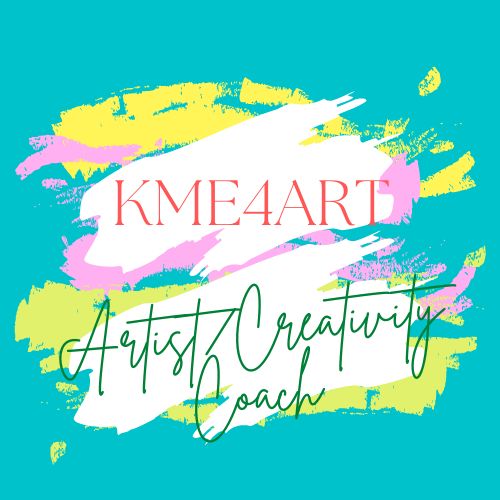

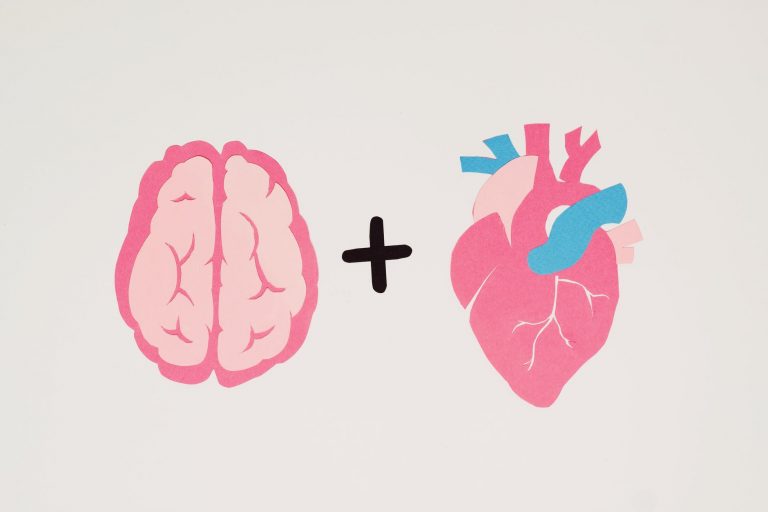
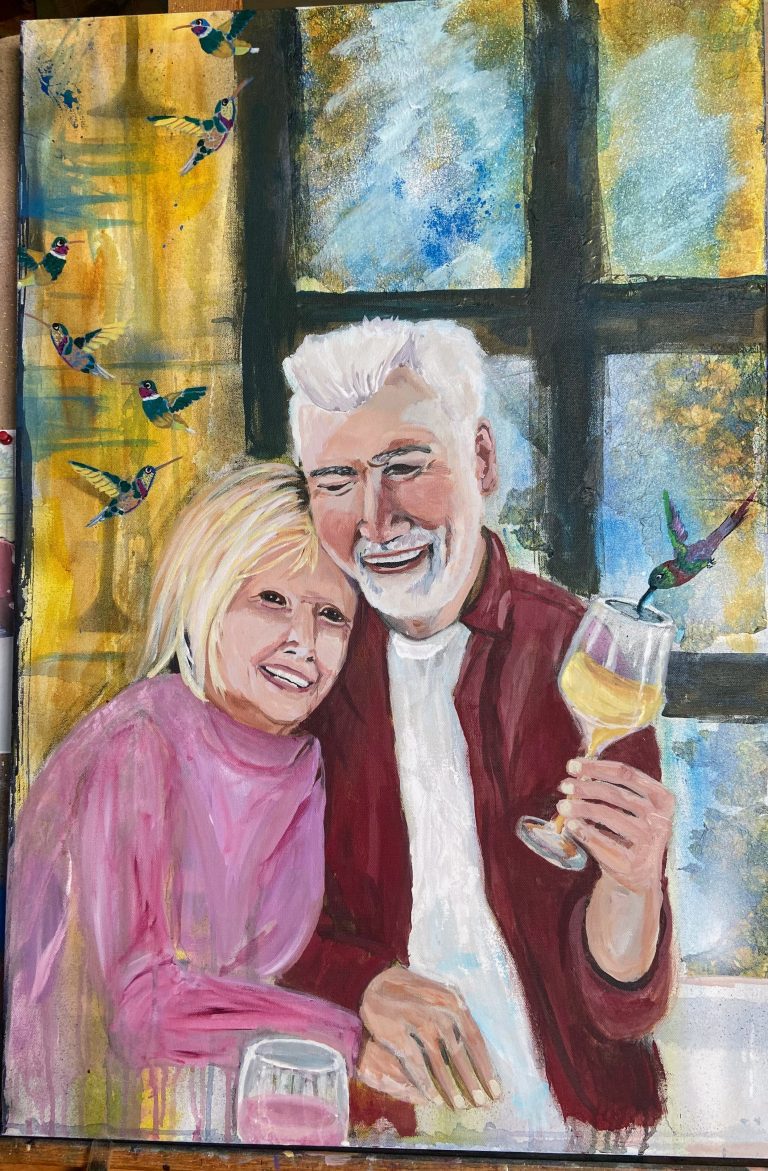
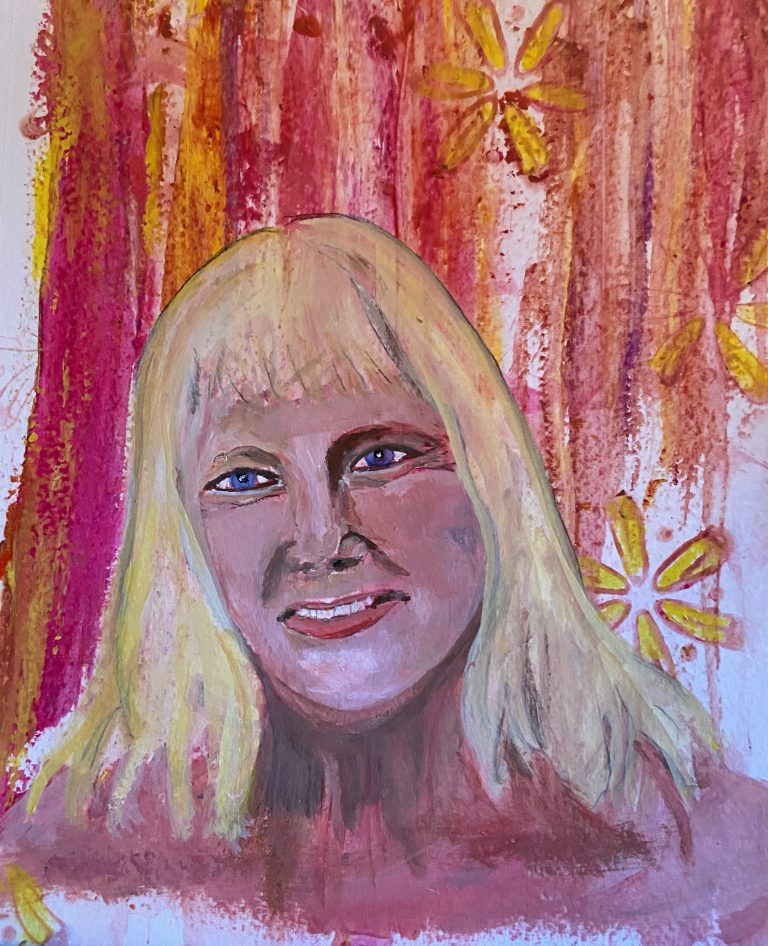
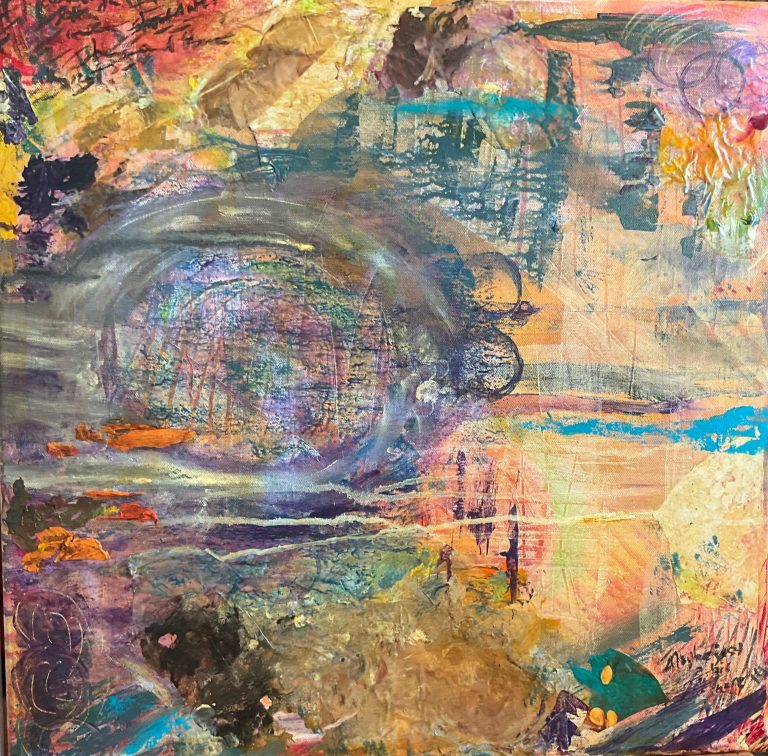
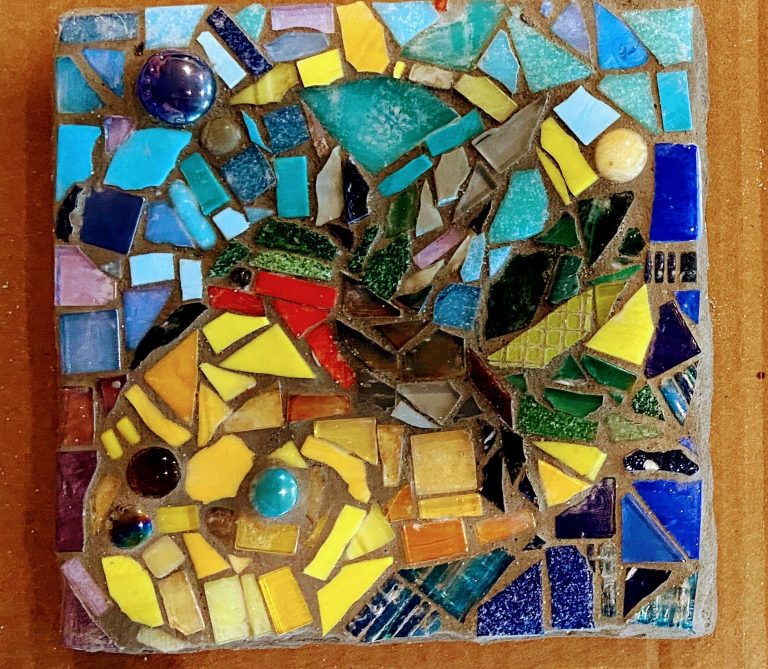
Thanks for sharing. I read many of your blog posts, cool, your blog is very good. https://www.binance.com/pt-BR/register?ref=GJY4VW8W